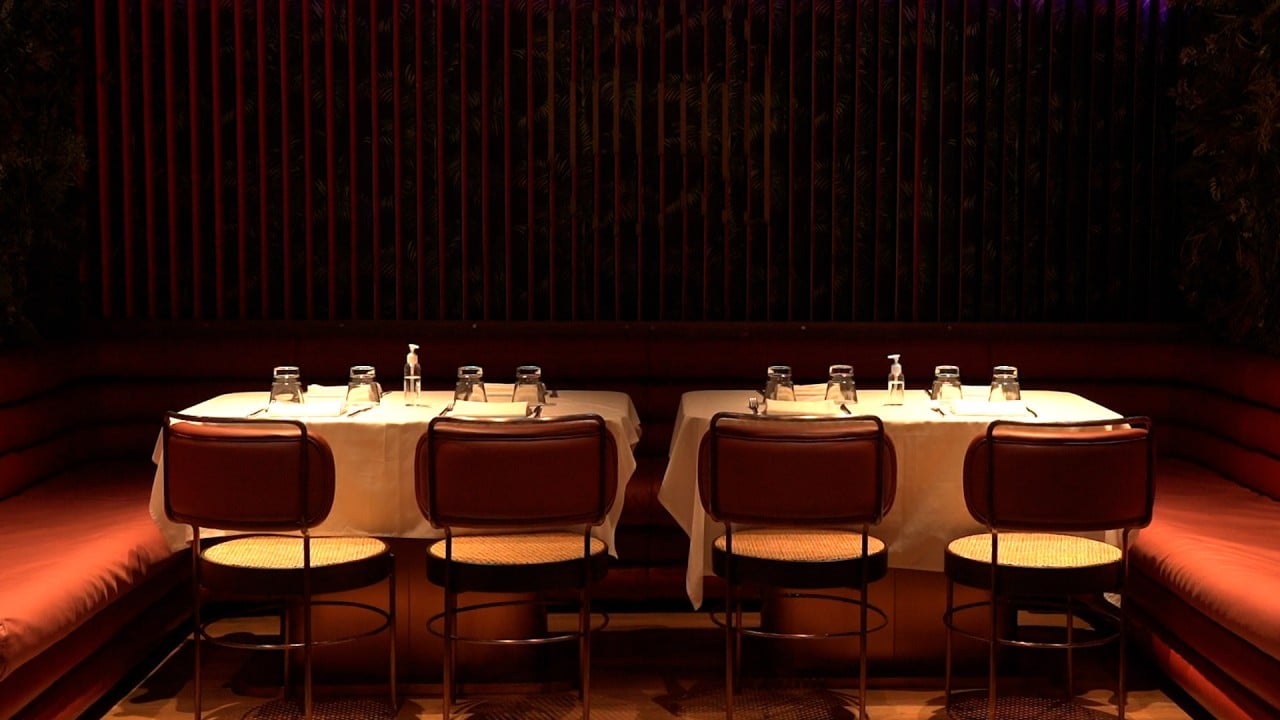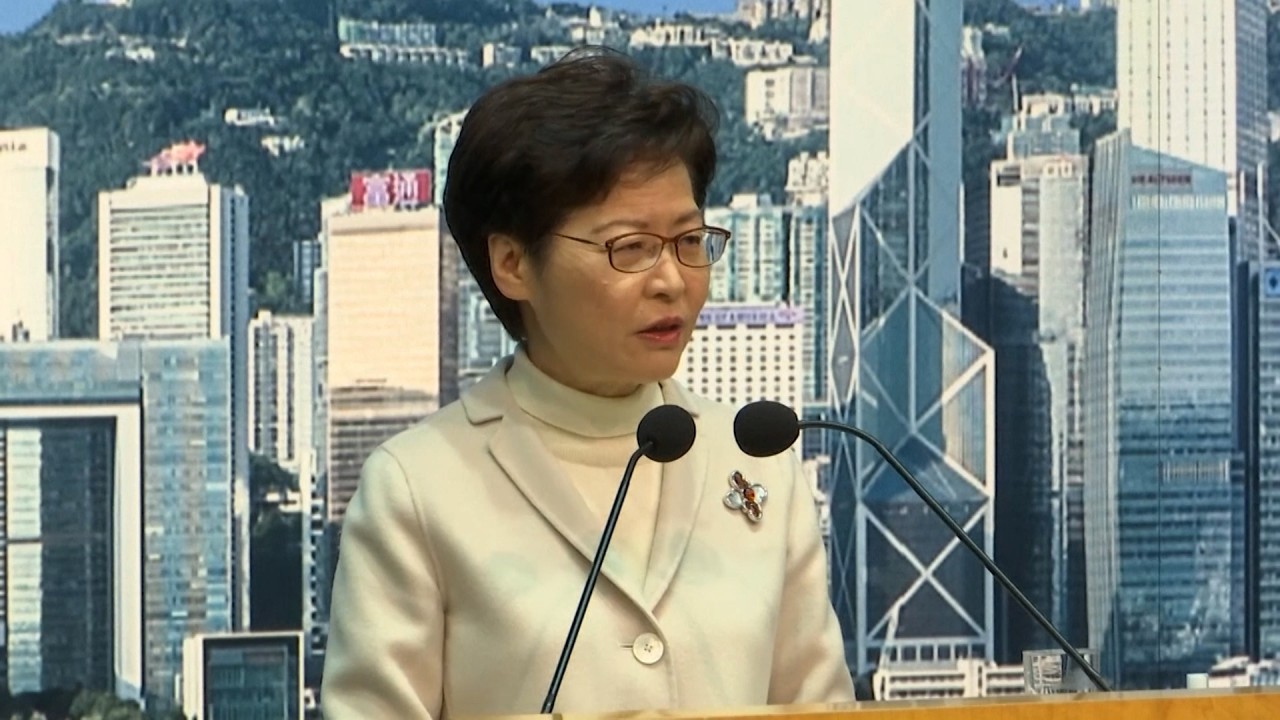
Can Hong Kong move from ‘zero Covid’ to living with the virus?
- As public frustration grows, the government’s twin pushes for vaccination and stricter Covid-19 measures will only work if there is a clear plan for a return to normal life
- But its desire to reopen the border with the mainland is a stumbling block, and protocols need to evolve to cope with Covid-19 acceptance internationally
But cultivating a public expectation of herd immunity conflicts with the Covid-19 policy of zero tolerance. A zero-Covid policy means eliminating every possible case while herd immunity means most people in the community are protected. But it does not guarantee zero infections.
The government does not make clear whether a high vaccination rate will see a policy change from zero-Covid to living with the virus.
If following government guidelines and getting vaccinated cannot give citizens a normal life, they may well decide it’s not worth getting vaccinated or having a booster shot.
This damages public trust not only in the government but also in public health experts. Yet the administration continues to urge Hongkongers to get vaccinated without clearly explaining how its Covid-19 response will change once the vaccination rate reaches 70 per cent or higher.
The public are hoping to return to a normal life, hope that the government has raised through its vaccination campaign. Reaching herd immunity and returning to normality should also mean avoiding imposing tough restrictions in response to community infections, as the population should have enough antibodies to cope.
The question for the government is how to transition from a zero-Covid approach to some degree of tolerance of local infections once most people are vaccinated. A transitional policy now needs to be discussed. It would serve not just as a basis for further action, but also help manage public expectations.
There are two major challenges for the government. The first is the desire to reopen the border with the mainland, which has been a government priority. Key to achieving this is Hong Kong imposing measures similar to those on the mainland, which effectively means a zero-Covid approach – unless things change across the border.
Beijing’s main concern is that Hong Kong could be a point for the virus to break through to the mainland if the two sides reconnect. So, to ensure it is safe for reopening, the Hong Kong government is expected to be tough on any local cases. In other words, a Hong Kong wanting to reconnect with the mainland is locked into the zero-Covid strategy for now.
The second challenge relates to the international community. With many nations now employing a policy of living with the virus, especially in the West, Covid-19 will be around for a long time. Yet, for the Hong Kong government, the number of new cases in these countries is the basis for its policy on international travel.
These challenges leave Hong Kong’s policymakers in a dilemma. On the one hand, to reopen the mainland border, Hong Kong should maintain its Covid-zero approach. On the other, a higher vaccination rate signals that the city may have achieved herd immunity, which the government has said would signal a return to some kind of normality.
This situation requires public health officials to devise a transitional policy to ensure borders can be reopened safely while satisfying citizens’ need to begin to return to a normal life – including international travel. Otherwise, once this fifth wave has passed, it will be hard for officials to justify the continuing vaccination push alongside tough restrictions if people see no difference to their way of life in the city.
John Hanzhang Ye is a PhD student in science and technology history at the University of Minnesota, Twin Cities and also holds an MPhil degree in sociology from the Chinese University of Hong Kong



